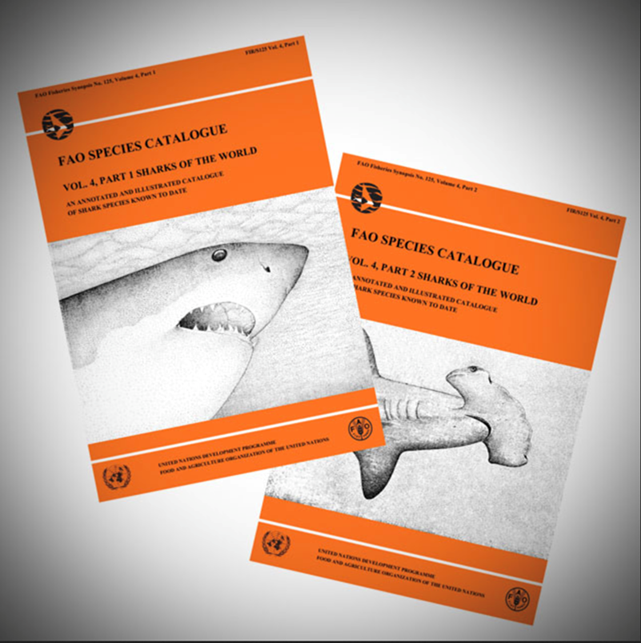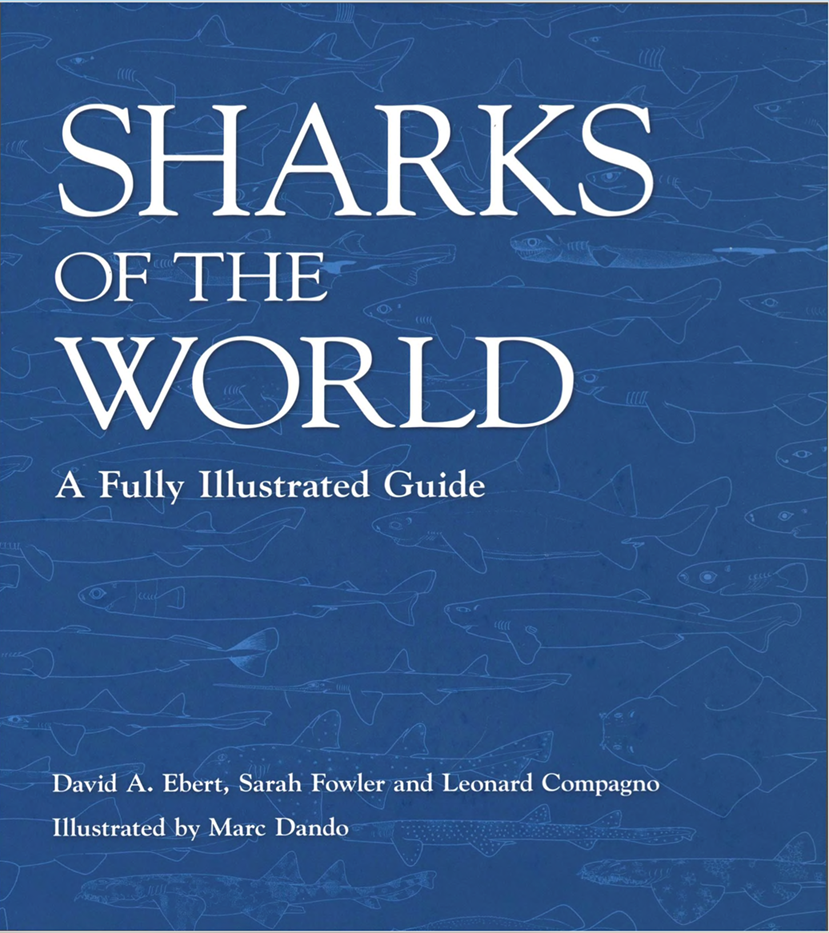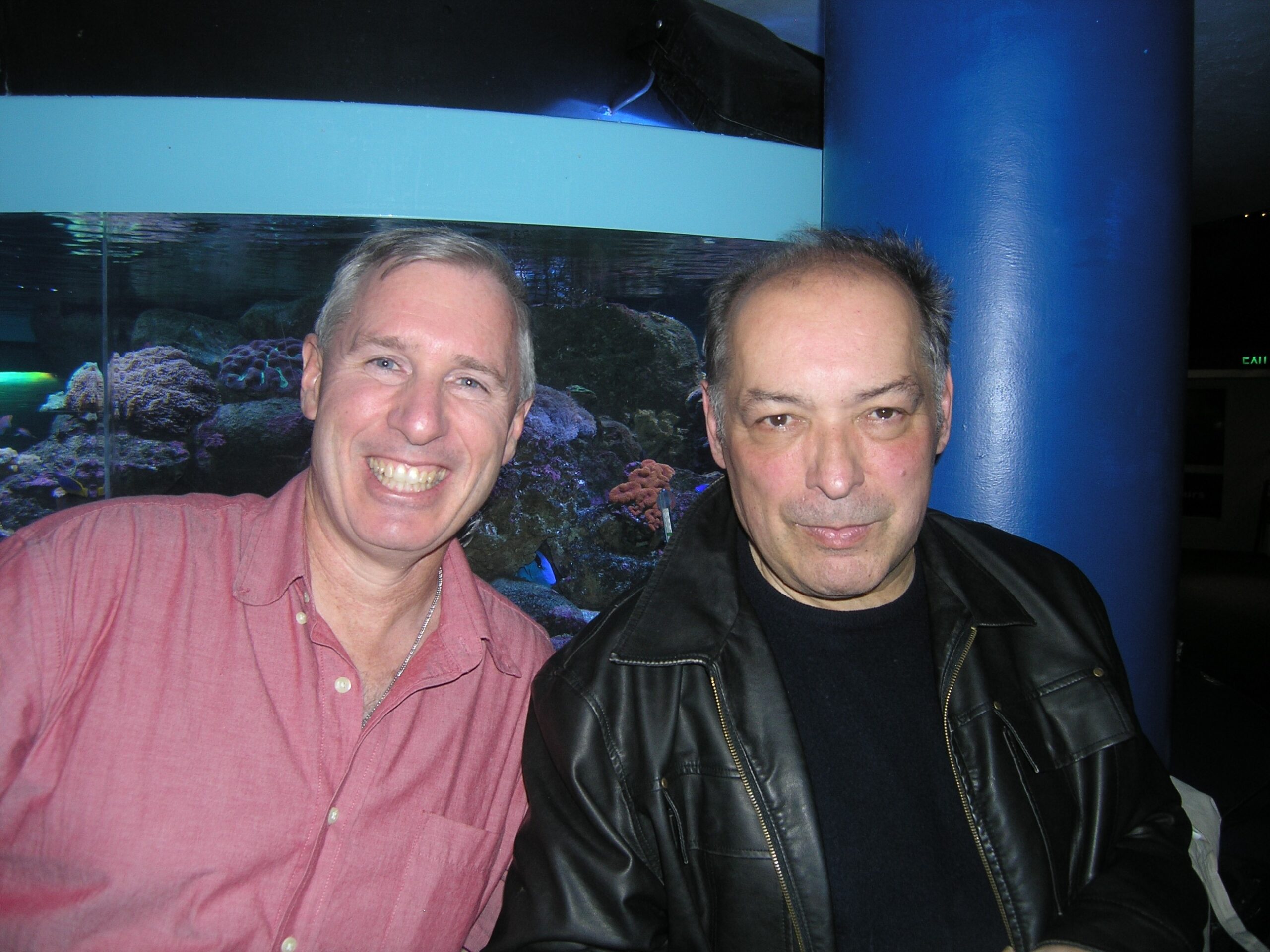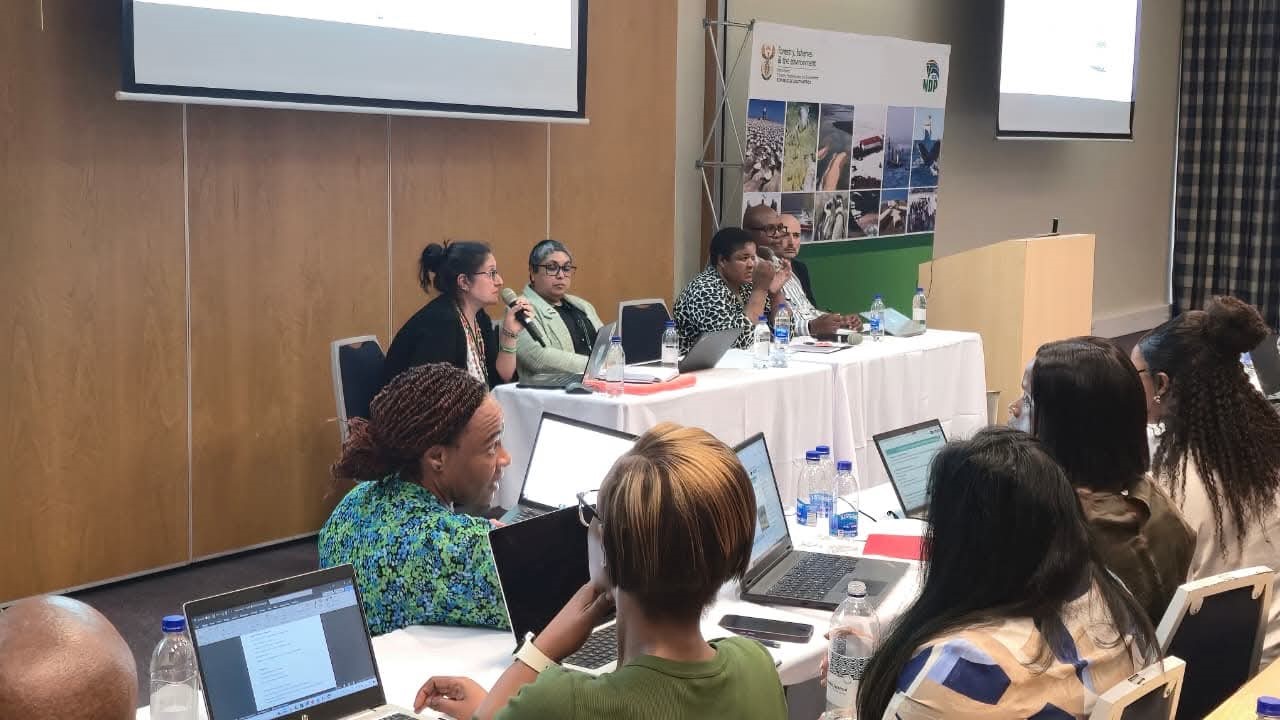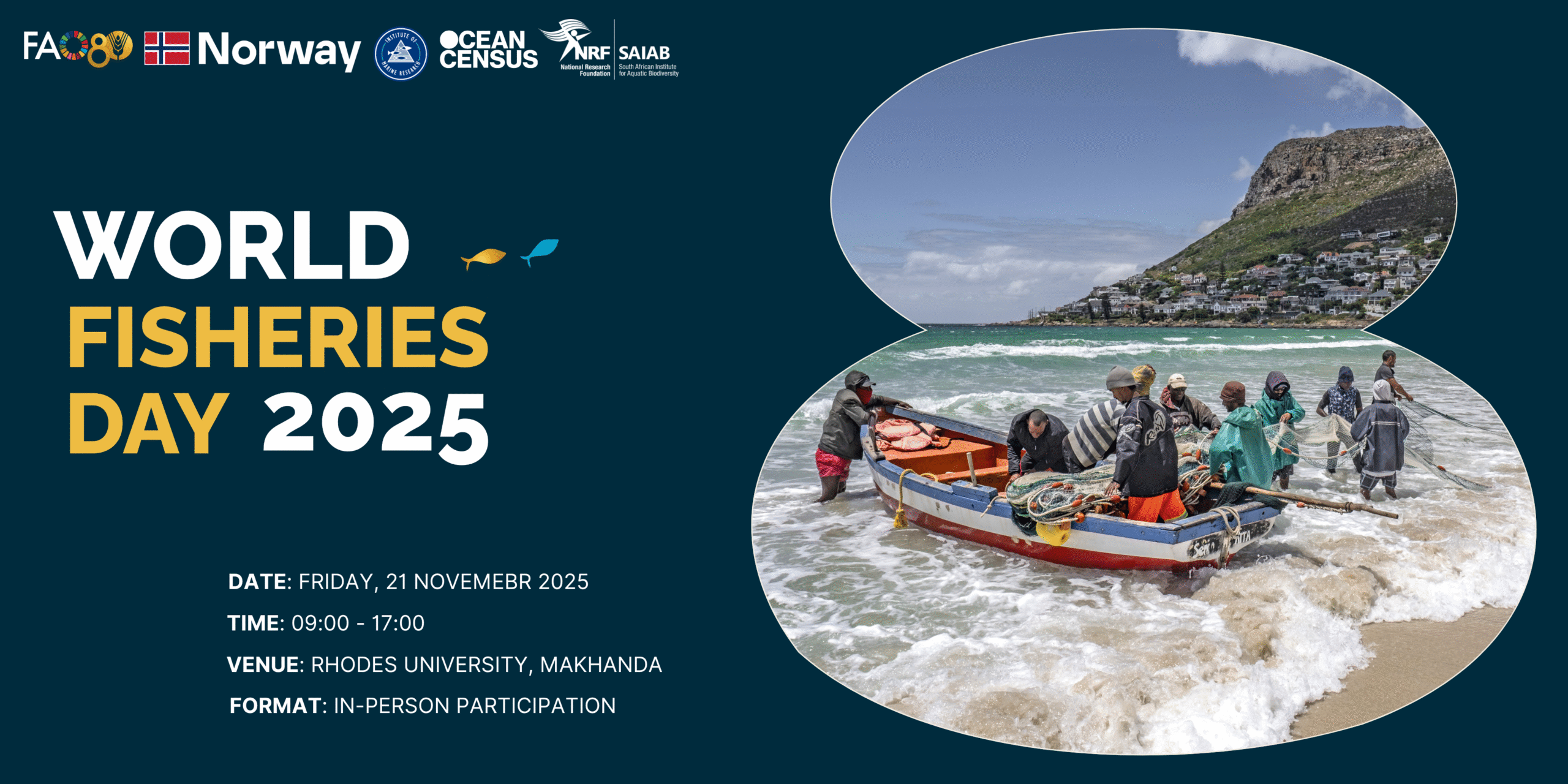By Dr. Dave Ebert (NRF-SAIAB Honorary Research Associate)
Leonard J.V. Compagno passed away on 25 September 2024. Born in San Francisco, California, on 4 December 1943, he was a true Giant in the field of Shark, Ray, and Ghost Shark research, whose contributions were enormous!
His publications in 1973 “Interrelationships of living elasmobranchs” and 1977 “Phyletic relationships of living sharks and rays” are classics that established the framework and foundation for modern Chondrichthyan classification, and which is still followed today. And his 1990 classic publication “Alternative life-history styles of cartilaginous fishes in time and space” (Environmental Biology of Fishes, 28:33-75) is required reading for any serious student of shark research and conservation.
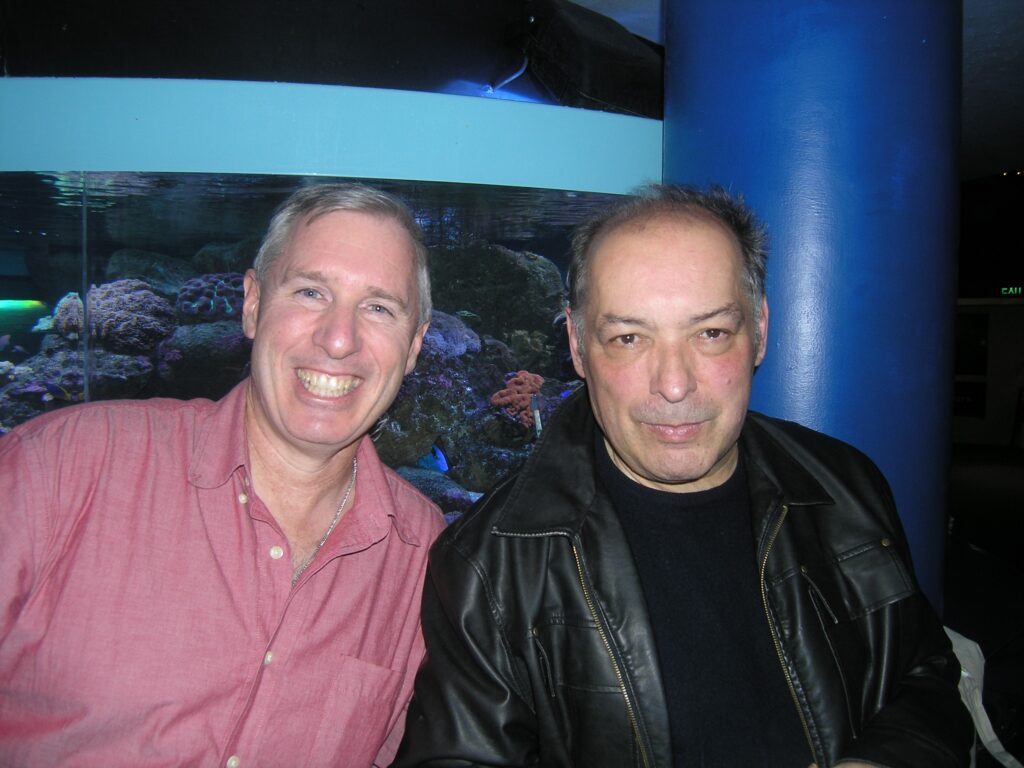
I was very fortunate to have met Leonard as a young MSc student in the 1980s, while he was still based in his hometown of San Francisco. He was working on the FAO Catalogue of the Sharks of the World at the time, and I recalled thinking that it would be so cool to one day write a book on the sharks of the world!
Leonard was a fellow traveller whom I met early on in my journey and who became an advisor, mentor, and friend. It was Leonard who provided me the opportunity to go to South Africa to pursue my PhD, and together with Alexandra Macras and Paul Cowley we launched the “S-Team” at the South African Institute for Aquatic Biodiversity (then JLB Smith Institute of Ichthyology), ushering in a new era in Chondrichthyan Research in South Africa. It was a very dynamic time for Chondrichthyan Research and a time for which I still have fond memories.
He was a “character” if you knew him, and for those students and early career researchers who didn’t I would strongly recommend familiarizing yourself with his contributions / publications, especially the 1990 paper.
Leonard was a once in a generation researcher in our field, whose contributions will influence generations to come.
